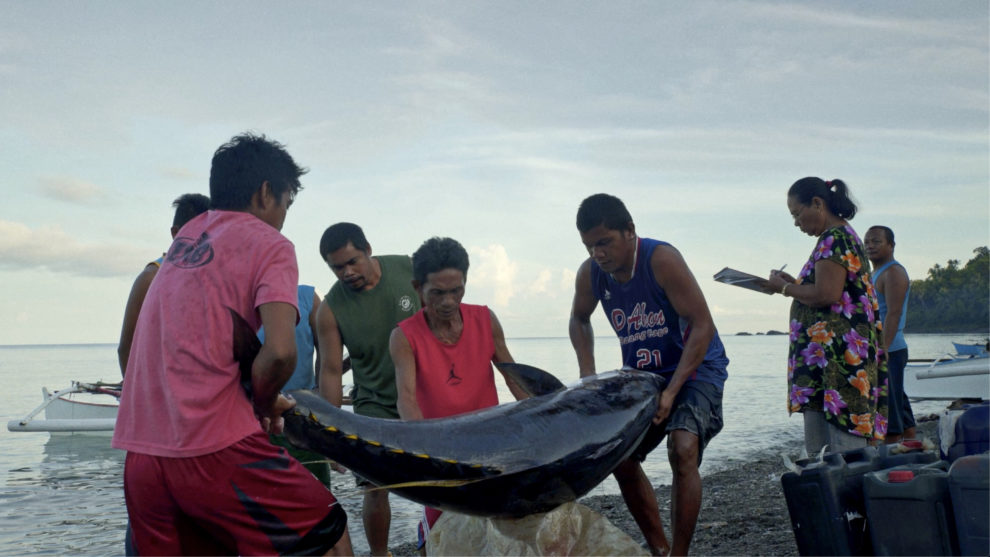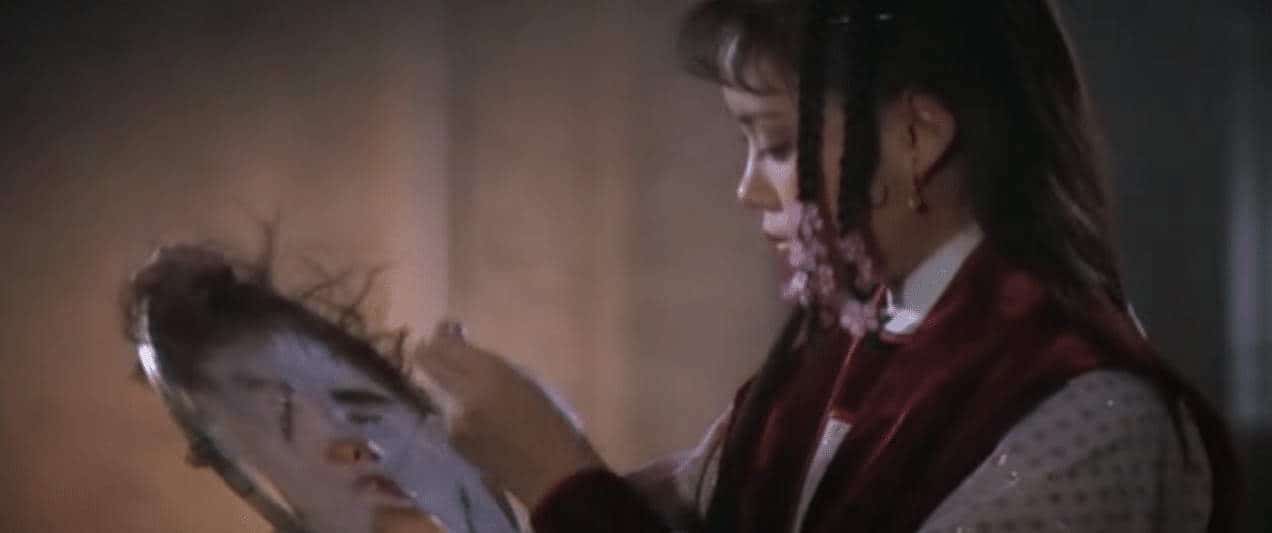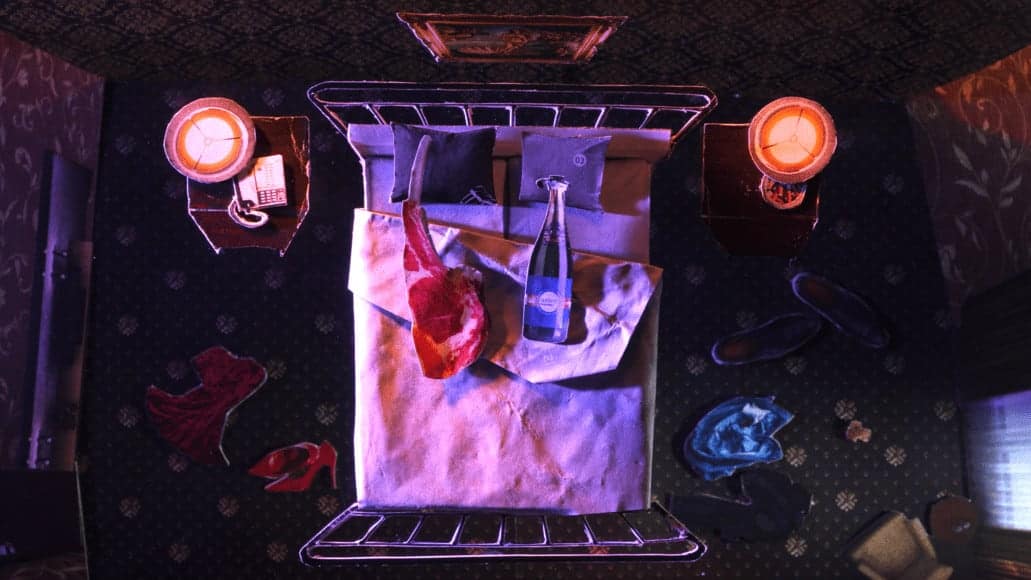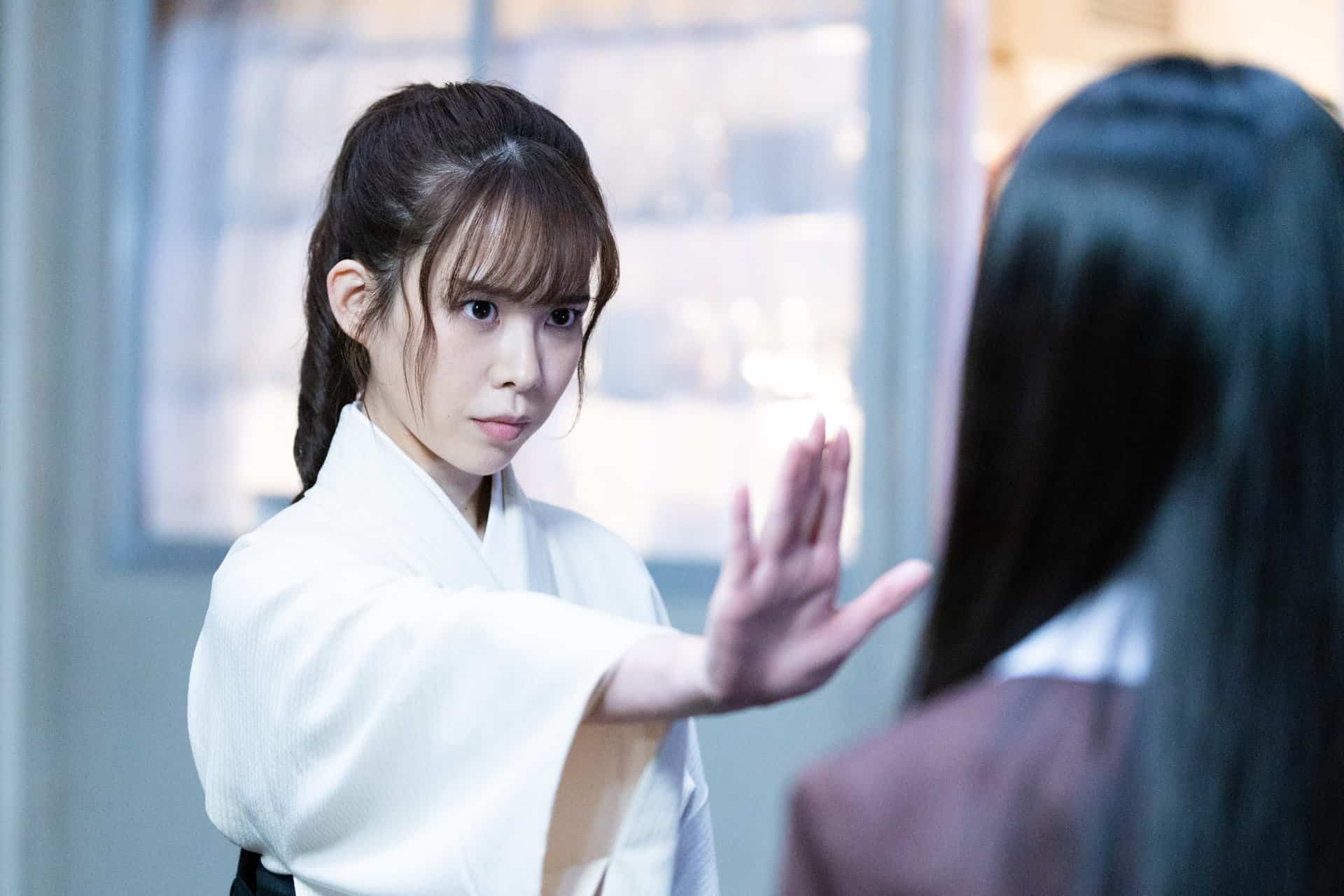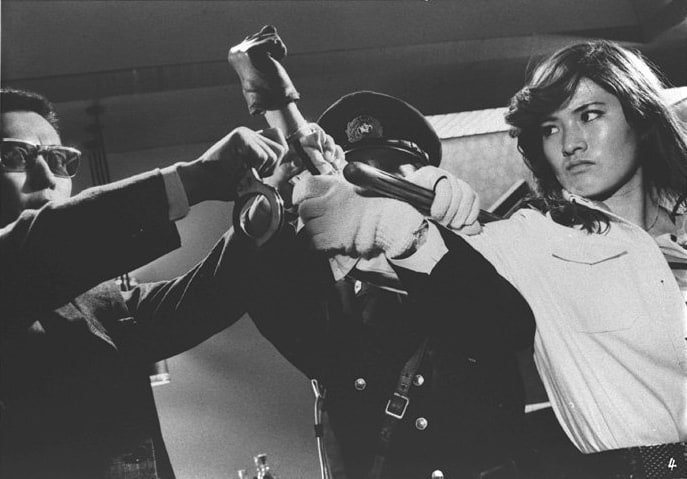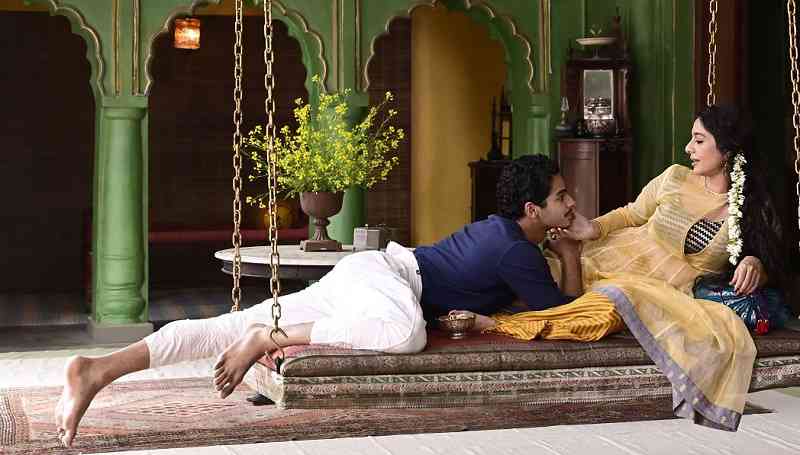One of the key moments in film history was the experience of recording time and being able to replay a certain moment over and over again. Ever since the invention of the camera in the late 1800s, the relationship of film and time, extending what had already been reached through photography and painting, remains of utmost importance, albeit has been almost forgotten in the era of the blockbuster and mainstream cinema. However, the ability to record time and movement, something which may be lost otherwise, is especially significant when dealing with documentaries. Because many cultures face extinction due to climate change and wars, it is perhaps the most important task of the artist to make sure these people, their customs and their culture is not forgotten, but also what has led to its disappearance.
“Last Days at Sea” is screening at Berlinale

Upon her visit to Karihatag, a small community on one of the many islands of the Philippines, director Venice Atienza came across a culture which, in some years, would be forgotten due to global and economic processes. Her project “Last Days at Sea”, which has already received the award for Most Promising Project at International Documentary Film Festival Amsterdam, focuses on the life of Reyboy, a young boy living in the community with his parents. As he is about to attend high school on the mainland for the first time and will leave his parents soon, Atienza tells a story about the end of childhood. as her camera accompanies the young boy on his journeys on the island. At the same time, the documentary also shows Reyboy's story and that of his parents in a wider context since their livelihood and thus their culture is endangered dues to industrial overfishing and climate change.
Given its focus of documenting and recording what are essentially precious moments in the life of a young boy and perhaps even the community itself, “Last Days at Sea” follows a more or less loose structure. The bond between Atienza and Reyboy is evident in these scenes, some of which show rather intimate and emotional moments, such as gazing at the night sky or talking about friends on the islands. While there certainly is the element of repetition in some of these moments and their underlying message, Atienza nevertheless manages to emphasize the connection of Reyboy's experiences to what may be the fate of the island community in some years, for example, when he talks about some of his friends not coming back from the mainland or the growing dangers of fishing in the ocean.
Essentially, “Last Days at Sea” concentrates on the human aspect of political and economic developments which are indeed present in the stories and images of the feature, but more so in the background. Apart from Reyboy, the director and her team also interview other villagers about their experience and how their life has changed over time, with many of them expressing concern about their way of life being increasingly endangered. In combination with the intense beauty of the images of the island, the feature is permeated by a strong sense of melancholy and irretrievability, an awareness that these moments will not come back and cannot be repeated.
“Last Days at Sea” is a deeply melancholic, at times rather sad documentary about change, the end of childhood and loss. Venice Atienza tells a story defined by the moments and experiences of a young boy and the people he lives with, showing a world and a culture facing extinction which gives her feature quite an emotional impact and an intense beauty.


